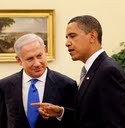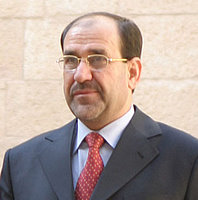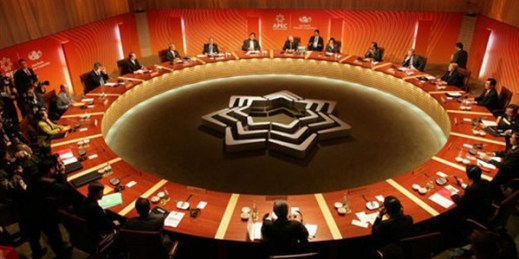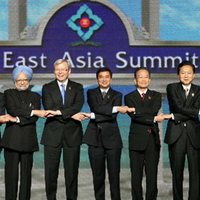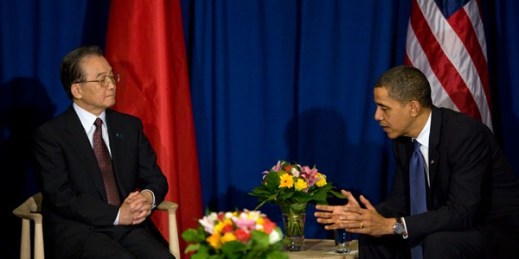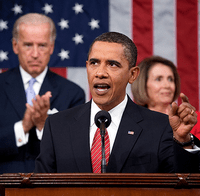
Last week, President Barack Obama released his first National Security Strategy. Analysts and observers have focused much of their attention so far on how the new NSS breaks from the one formulated by the Bush administration. By this argument, Obama’s NSS represents a new direction both by “counting more on U.S. allies” than former President George W. Bush did, and by repudiating Bush’s unilateralism. In reality, the document does neither of these things. To be precise, it uses words like “diplomacy” and “allies” at statistically the same rate as Bush’s 2006 National Security Strategy and still claims that America “reserve[s] […]

